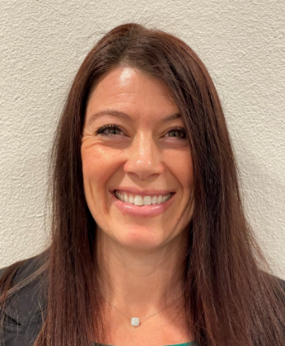A Behavioral Health Integration Primer for Health Centers
July 30 – October 22, 2025
(Every other Wednesday)
2:00 – 3:00 PM ET
3:00 – 3:30 p.m. ET optional office hours
Description:
This interactive Community of Practice (CoP) is tailored to support health center staff who are new to behavioral health integration, or who may want a refresher, as they implement and sustain effective integrated care models for their care settings. Leveraging expert-led presentations and facilitated peer discussions, this eight-session CoP will provide health center staff an opportunity to learn about and exchange effective strategies to achieve successful behavioral health integration. Key topics such as evidence-based integrated care models; levels of primary care and behavioral health integration; strategies for establishing an effective, team-based integrated care environment; and practices for applying a systems-level approach to comprehensive integrated care will be discussed. Optional 30-minute office hours follow each session for more support.
Behavioral health professionals may earn one continuing education credit for attending each CoP session.
Objectives:
At the end of this CoP, participants will be able to:
- Articulate differences between common integrated care models
- Identify current level of integration within their health center
- Describe five foundational aspects of effective integrated care
- Determine key distinguishing factors of various levels of integrated care
- Apply a systems approach to a more effective and sustainable integrated care model within their health center
Presenter:

Amber Murray, RN, BSN, MA, PMP is a program director at JBS International, Inc. where she collaborates with federal, state, and local agencies as well as colleges and universities to develop and disseminate integrated behavioral health curricula, training, and technical assistance. Ms. Murray is dedicated to supporting health care system transformation that results in comprehensive care for those in need.
